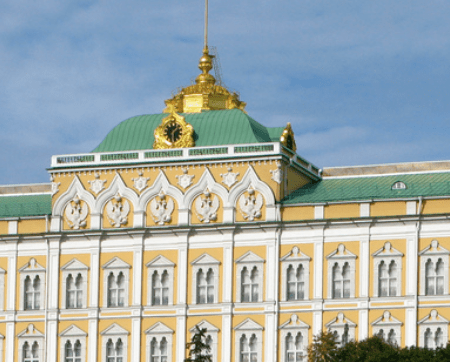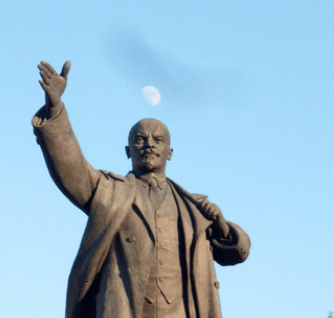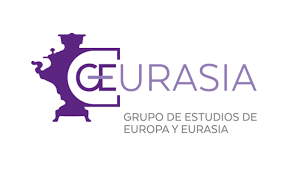(RAD) Abstract: Russian identity politics and, more broadly, the country’s development in modern times has been conditioned by two constitutive splits: between the imperial elites and the peasant masses, on the one hand, and between Russia and Europe, on the other. The current conservative turn aims to overcome the internal split by attuning state policy to mass consciousness, with its alleged preference for ‘traditional values’. This strategy ignores the fact that today’s Russia is a modern, urbanised society. In the long run, it undermines the Kremlin’s effort to achieve and consolidate great power status.
Contemporary Russian identity politics is a rather peculiar combination of familiar elements. Since 2012, the official discourse emphasises ‘traditional values’ and ‘spiritual bonds’, thus referring to the presumed existence of a genuine Russian culture and spirit, uncontaminated by the centuries of Westernising modernisation. At the same time, the Russian state continues to claim continuity with its imperial predecessors, which involves a civilising mission in relation to its own population as well as a claim to the status of great power and to a prominent role in world affairs. The importance of the latter dimension was raised by the interventions in Ukraine and Syria, while the resulting standoff with the West intensified the search for a ‘truly Russian’ Self. The attempts to artificially fuse the imperial and the traditionalist-nativist narratives are not entirely unprecedented, but have never been particularly successful in the past. […]
Read More © Russian Analytical Digest (RAD), Center for Security Studies











